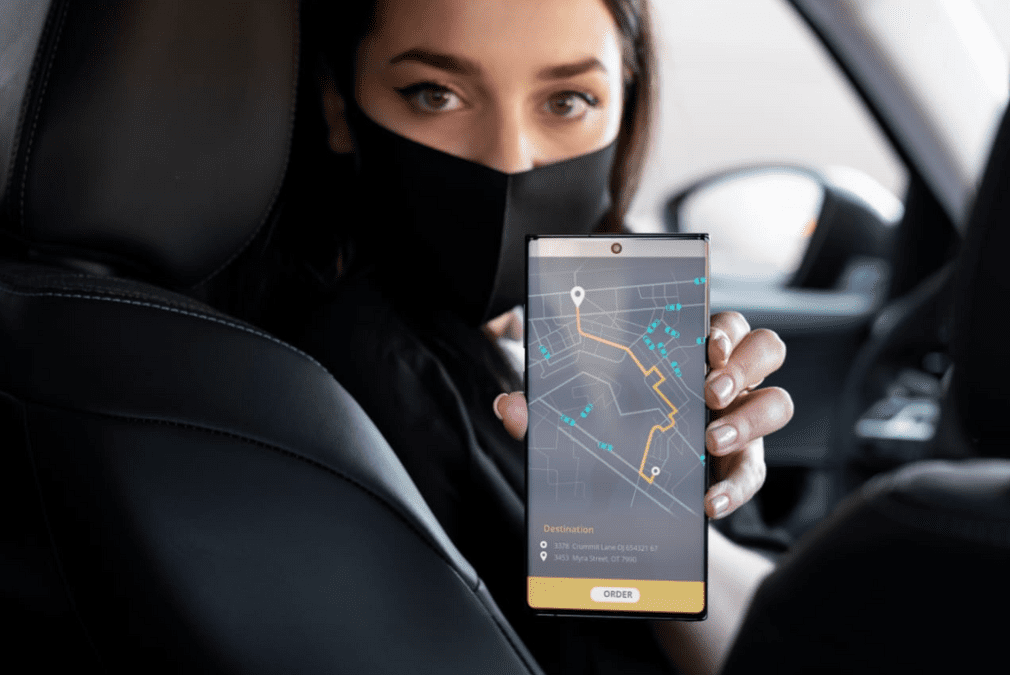Today, individuals in this fast-changing world want services that give them more control and better choices. Such an African company is ClassRide, a hailing company that started in Mauritania and now operates in many African countries. It revolutionized something wonderfully new in 2025; it employed the negotiation-based pricing system, much like what inDrive offers. This change is a big deal for drivers and riders across Africa. It declares that ClassRide is on all ears with its customers and aims to provide more reasonable, feasible and adequate travel choices.
Over time, ClassRide expanded to Mali, The Gambia, and then Morocco. Millions of people now use it to get around safely and easily in Africa.
What Is the Negotiation Model?
In traditional ride-hailing applications, the fare is determined by the app. The rider gets to know how much the customer will pay before they reserve, and the driver earns a percentage of the fare. But in the negotiation model, it is done differently.
The rider enters their pick-up and drop-off locations. The rider quotes a price they are willing to pay for the trip. Drivers in the vicinity have the option to: Accept the price, Make a counteroffer, quote a higher price or ignore the request. The rider can either accept the offer of the driver or choose another. This system is already in use in several popular applications, like inDrive, which operates in numerous countries. Both the driver and rider can engage in agreeing on the amount a trip would cost.
ClassRide implemented this new system since most users across Africa prefer flexibility. In countries where public transportation is not always available and revenues change from one day to another, people desire options. App-based pricing does not necessarily reflect reality. Prices can be raised too high during periods of bad weather or traffic. Negotiation empowers users. The drivers can name a price they can afford, and the riders can choose trips that meet their expectations. This polite conversation triggers mutual trust between the two parties.
There are other ride apps, like inDrive, that are booming rapidly in Africa. ClassRid seeks to remain competitive by offering the same features, although with a local twist. Their negotiation model includes, as well, suggested price ranges “to lead users”, a rating system to avoid unfair offers, and fast messaging for easy communication.
Ride-hailing generates most of the income for the majority of drivers in African cities. Discounted or on-sale fixed fares are a bit too low. The negotiation feature guarantees that they can earn a better wage and be more flexible in employment.
ClassRide ensured the latest system is accessible and simple even for non-tech-savvy persons. Open this user-friendly app and insert your pickup and drop-off locations. You will receive a suggested fare depending on distance and traffic. You can also provide your price, suggested price or substitute price. Drivers in the vicinity receive your request and can respond with “Acceptance”.
Furthermore, you receive a list of drivers and their offers, along with their ratings and vehicle details. Choose the offer that you like, and your trip will be reserved. Also available is an instant message feature for sending a message to the driver before taking the ride.
ClassRide added fairness rules, like a minimum price threshold and abuse reporting. It also gives users price recommendations so that negotiation is still reasonable and friendly.
The new system brings many advantages for Riders and drivers. Riders can get rides in their budget, while drivers can choose trips that pay more. Riders can have greater control of their spending, and likewise, drivers can reject poor prices. Riders can compare driver offers, and drivers can build stronger rider relationships.
It is perfect for cities without a fixed fare system. It can increase earnings in peak hours. In other countries where cash is still more common, the negotiation model also favours those who do not use credit or prefer to haggle in person, something quite usual in the majority of African cultures.
Sum UP:
A good example of this innovative, user-focused strategy is Classride’s bold introduction of a negotiation fare model. It is sheer genius and perfectly poised for the African market today. Compared to fixed-price models that might come across as rigid or unfair, negotiation-based fares are immensely respectful of the African user’s culture, where bargaining is a part of the accepted norm in most mundane transactions. It empowers drivers by giving them more financial control to set a rate they feel is suitable for their trip. Notably, this system also compensates local drivers fairly so that they are able to accept, decline, or make a counter-offer so that their take reflects the work and conditions of the ride. It encourages greater satisfaction and retention of the essential driver community, strengthening the very foundation of Classride’s business.




